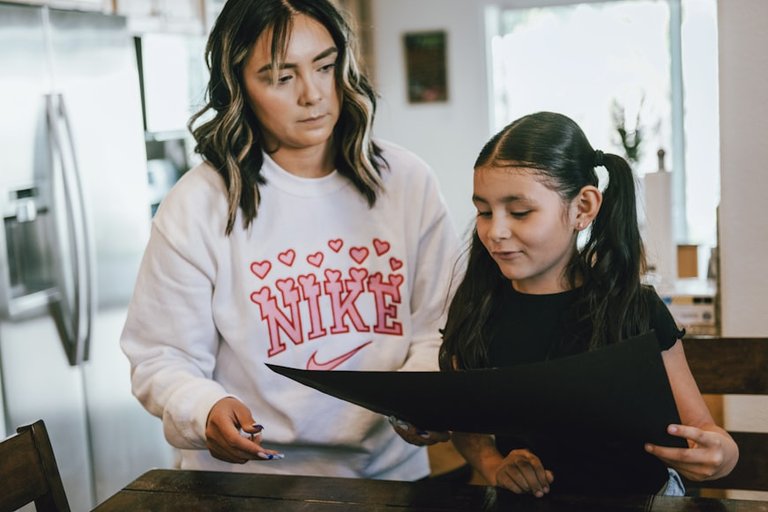What this recent study in Pediatric Research brings awareness to the somewhat unsettling trend that has been right in front of our noses this whole time:
our own screen habits as parents shape those of our children.
And though this seems pretty easy to point at teenagers for seemingly being obsessive with social media use, we need really to look hard in the mirror, or rather, at our own smartphone screens.

This is clear evidence that parental screen time relates to problematic use in adolescents.
This is not about the amount of time kids spend hooked to their devices, but rather the quality of such engagement, with potential interference at school and in life. Being a parent, it hit close to home. How many times have I found myself absent-mindedly scrolling through my phone just because the kids were around, inadvertently modeling the very behavior I'd lectured them about?
This goes beyond debate over screen time limits. In depth, it's a very major concept: digital wellness and our example to the next generation. We're in a different world here with the digital age, and these kids are looking to us for guidance, whether we know it or not.
Add to that the additional layer of complexity, warnings from Surgeon General Dr. Vivek Murthy that there is an epidemic of loneliness and isolation. Social media seemed to promise a connective tissue, but for so many, it has instead become a source of anxiety and disaffection. These effects are felt most particularly by the kids through comparisons of their lives to curated online personas, perhaps with a lack of human connectivity.
This is a trend with which, as parents, we have an important role to play.
First of all, that means honesty with ourselves about our own digital habits.
Do we sit at dinner with our family or do we steal side-glances at our phones?
Do we put our devices away at bedtime, or are we setting a bad precedent for late-night scrolling?
We have to establish device-free times and zones at homes, not only for our children, but for ourselves too. Not because technology is bad, but one does need to create a good balance. One needs to utilize the advantages of digital tools at the same time as fostering face-to-face interactions and activities with no screens.

Open conversation is the key.
Instead of preaching to our kids, we should be having open conversations with them about their online exposure:
what are they looking at, and how does that make them feel?
So, building trusting relationships and opening dialogues lets kids be a little safer and more considerate of their digital interactions.
Equally important is being observant for any signs that our children may have mental health issues, mood or behavioral changes and school performance changes
They are a signal that might indicate something is wrong.
Anxiety and feelings of depression are magnified in the digital world, and parents have to be prepared to offer whatever support may be needed, and to seek professional help when necessary.
This epidemic of screen time cannot be combatted by an individual effort. The places where engagement may take place are schools, societies, and policy levels.
But we parents are on the front line.
We're better placed, by modeling healthier use and fostering authentic connections, to help our kids have a healthier relationship with technology.
Posted Using InLeo Alpha
Congratulations @avrilla1! You have completed the following achievement on the Hive blockchain And have been rewarded with New badge(s)
Your next target is to reach 2000 upvotes.
You can view your badges on your board and compare yourself to others in the Ranking
If you no longer want to receive notifications, reply to this comment with the word
STOP